By Lauren Mascarenhas, CNN
(CNN) — A federal judge in Idaho temporarily blocked a state ban ongender-affirming care for transgender minors this week, just days before the law was set to take effect in the New Year.
The law would have placed medical professionals who provide such care for transgender people under the age of 18 at risk of fines up to $5,000 and a felony conviction, resulting in up to 10 years in prison.
Major medical associations – including the American Medical Association, the American Psychiatric Association, the American Academy of Pediatrics and the American Academy of Child & Adolescent Psychiatry – agree that gender-affirming care is evidence-based and medically necessary for many children and adults.
“Transgender children should receive equal treatment under the law. Parents should have the right to make the most fundamental decisions about how to care for their children,” District Court Judge B. Lynn Winmill wrote in his decision.
Winmill argued the ban violates the equal protection and due process clauses of the 14th Amendment, which he wrote serves to “protect disfavored minorities and preserve our fundamental rights from legislative overreach.”
“That was true for newly freed slaves following the civil war. It was true in the 20th Century for women, people of color, inter-racial couples, and individuals seeking access to contraception. And it is no less true for transgender children and their parents in the 21st Century,” he wrote.
Republican Idaho Gov. Brad Little signed the Vulnerable Child Protection Act into law in April. The law, initially set to take effect on January 1, 2024, would make it illegal for doctors and practitioners to provide gender-affirming care, including puberty blocking medications as well as surgeries, to minors.
“In signing this bill, I recognize our society plays a role in protecting minors from surgeries or treatments that can irreversibly damage their healthy bodies,” Little wrote in a letter to Idaho lawmakers in April. “However, as policymakers we should take great caution whenever we consider allowing the government to interfere with loving parents and their decisions about what is best for their children.”
The legislation faced immediate backlash. The families of two transgender teenagers in Idaho filed the lawsuit challenging the ban.
“Trans people like myself deserve the same chance at safety and liberty as everyone else, but this law specifically targets us and our health care for no good reason,” one plaintiff, referred to as Jane Doe, said in a statement in May. “I’m 16 – I should be hanging out with my friends and planning my future instead of fighting my State for the health care I need.”
What is gender-affirming care?
Gender-affirming care uses a multidisciplinary approach to help a person transition from the gender they were assigned at birth to the gender by which they want to be known.
This umbrella of care can include mental health therapy, puberty blockers, hormone therapy and surgeries. The timing and amount of care that a minor needs is determined on a case-by-case basis, with the input of doctors and parents.
Early gender-affirming care is “crucial” to the health and wellbeing of transgender youth, according to the US Health and Human Services Department Office of Population Affairs.
The office cites research showing transgender youth face an increased risk for mental health issues, including suicidal thoughts – and gender-affirming care can help.
The American Academy of Pediatrics has backed the approach for transgender youth.
Challenging gender-affirming care bans across the US
Winmill’s ruling in the case this week provided hope to LGBTQ+ advocates working to challenge similar bans in other states.
The American Civil Liberties Union of Idaho, which helped file the lawsuit on behalf of the families, called the decision “a victory for the families of transgender youth and their medical providers.”
“This judicial decision is a much-needed ray of hope for trans people amid a years-long onslaught against their rights to access health care and ability to navigate the world around them,” Leo Morales, Executive Director of the ACLU of Idaho, said Wednesday in a statement.
About 20 states have banned gender-affirming care for youth, according to the Human Rights Campaign. The LGBTQ+ advocacy group estimates that three in 10 trans youth ages 13 to 17 were living in states with legislative bans on gender affirming care as of November.
The ACLU has filed a dozen legal challenges against bans on care for transgender youth in the US, according to the organization.
The-CNN-Wire
™ & © 2023 Cable News Network, Inc., a Warner Bros. Discovery Company. All rights reserved.





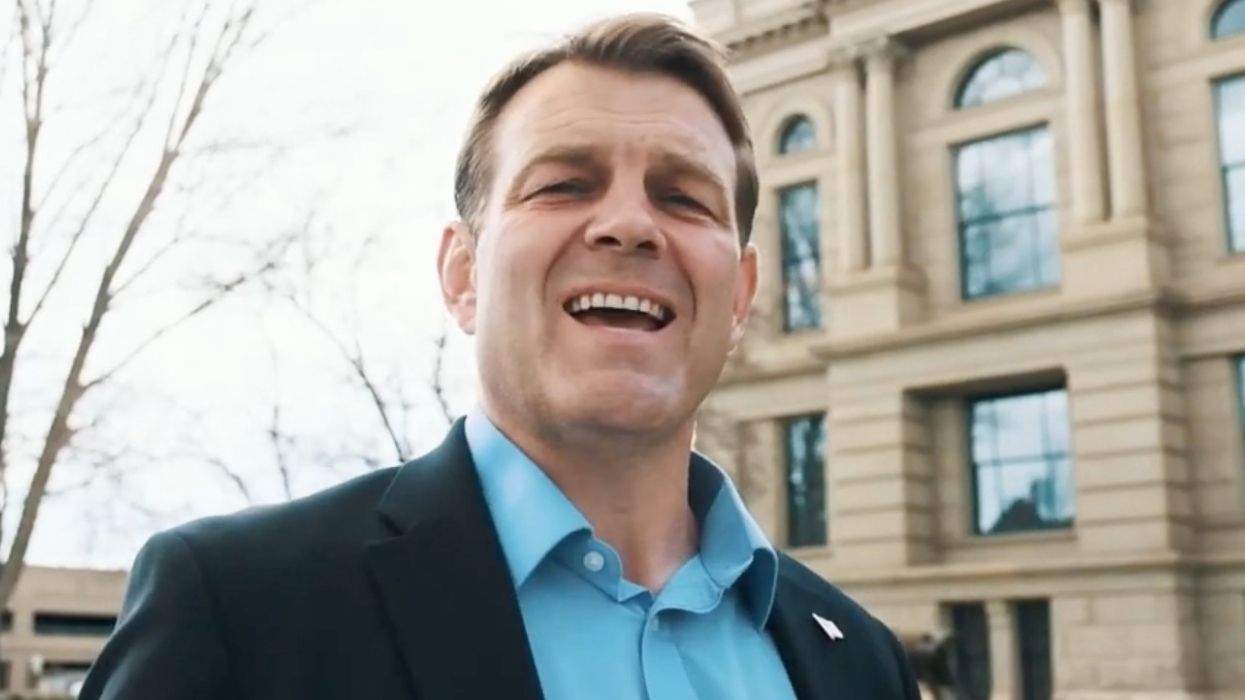
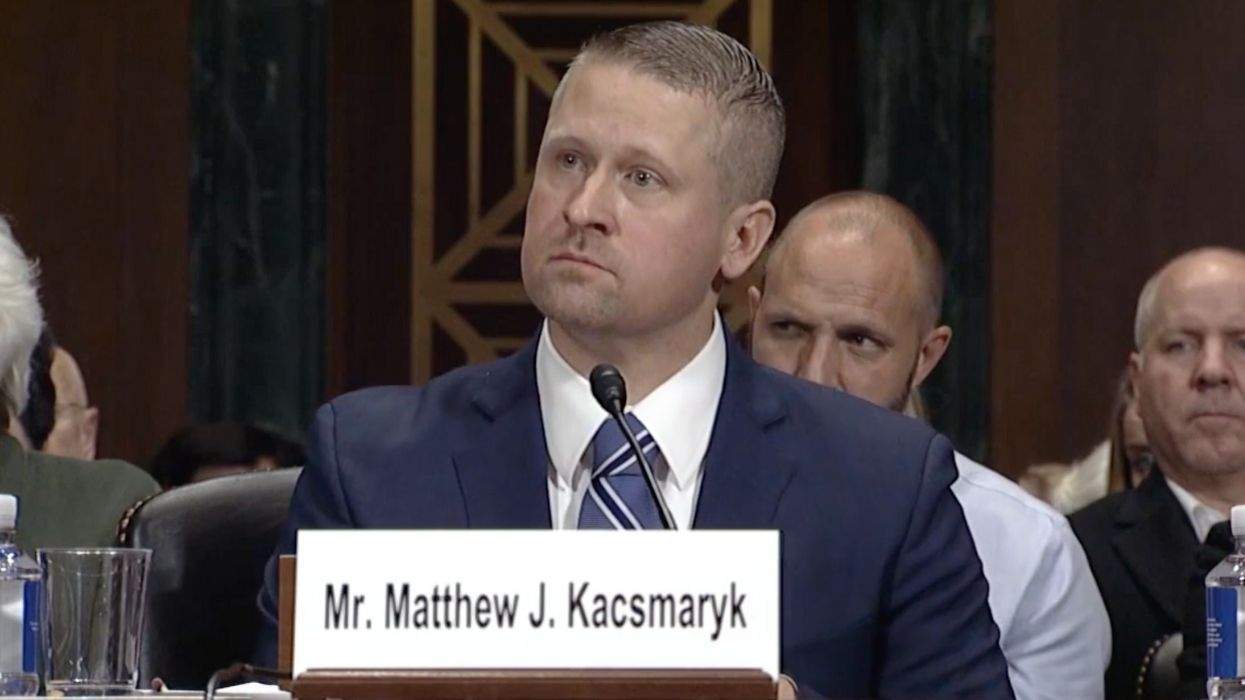
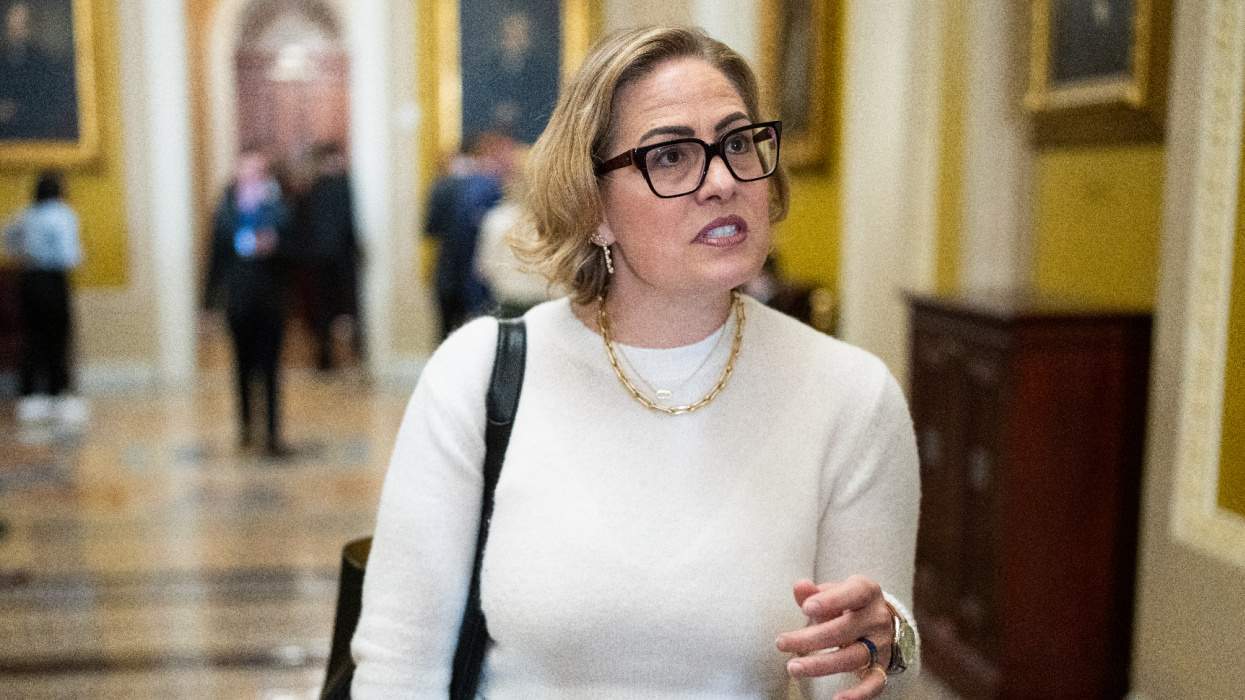
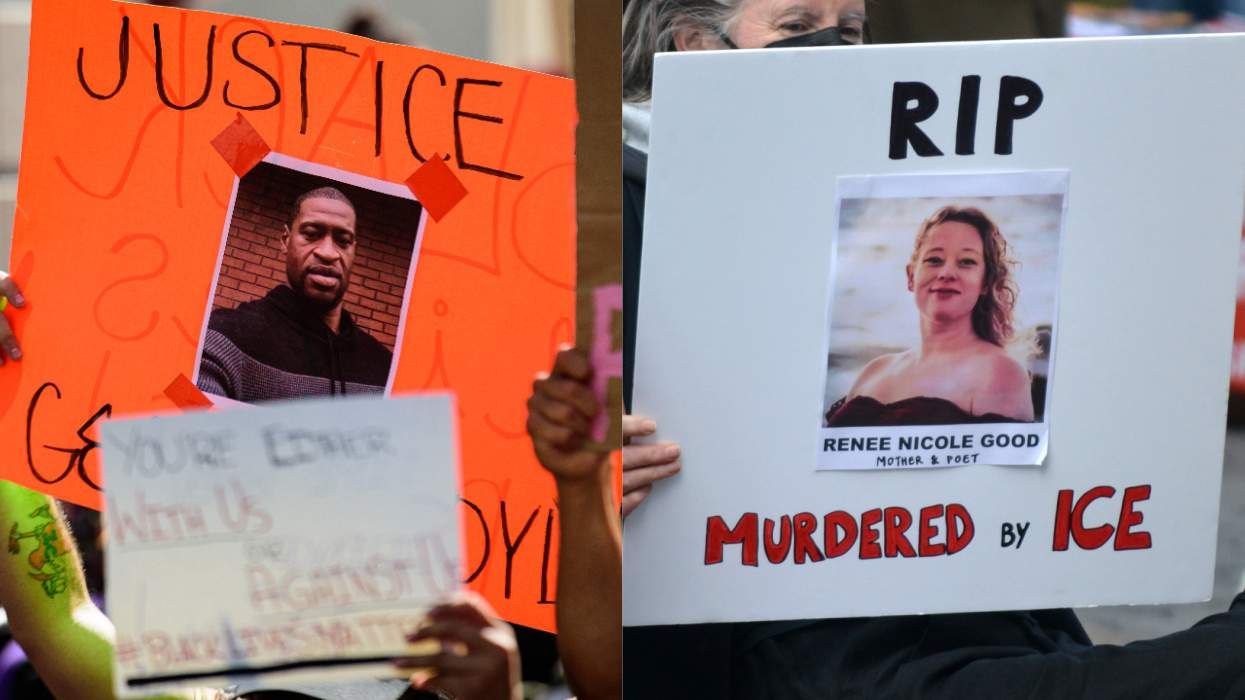
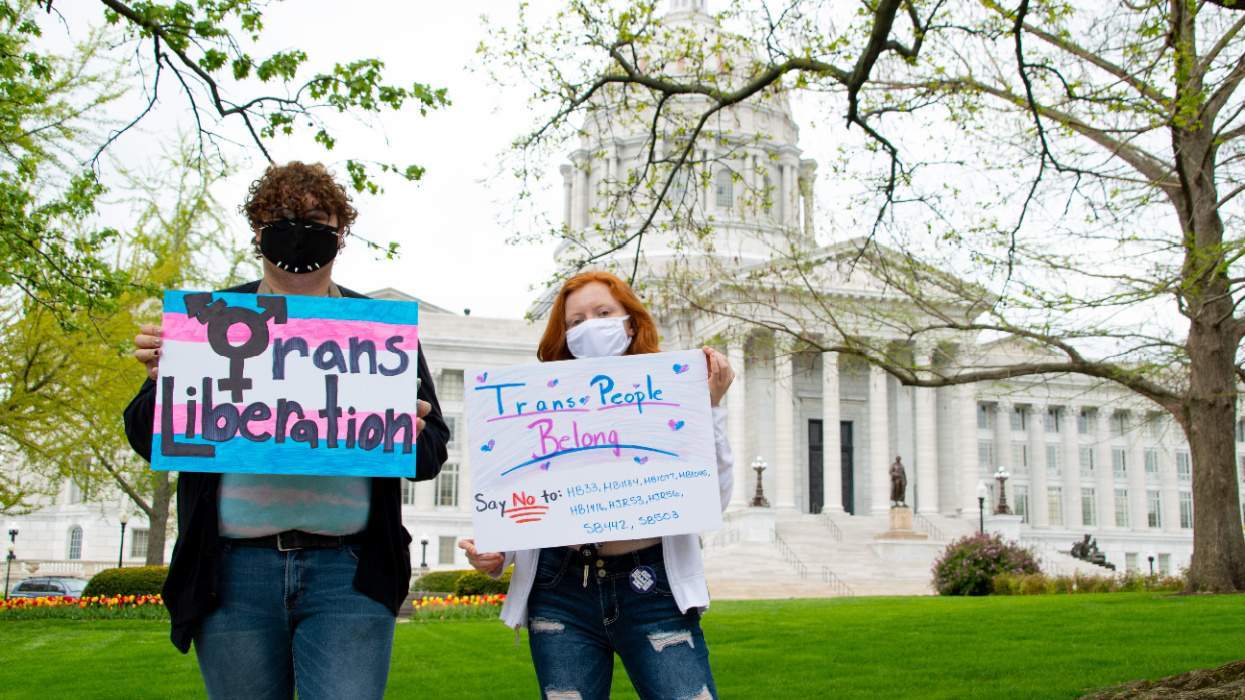





Charlie Kirk DID say stoning gay people was the 'perfect law' — and these other heinous quotes
These are some of his worst comments about LGBTQ+ people made by Charlie Kirk.